Every business needs tech gear. Laptops, servers, monitors—you name it! But here’s the big question: Should you rent or buy?
It’s not always easy to decide. Money, maintenance, freedom, and flexibility all play a part. Don’t worry though—this guide breaks it down. Let’s have some fun comparing!
Why This Matters
All Heading
Technology moves fast. What’s new today could be old next year. So choosing whether to rent or buy can really affect your wallet and workflow.
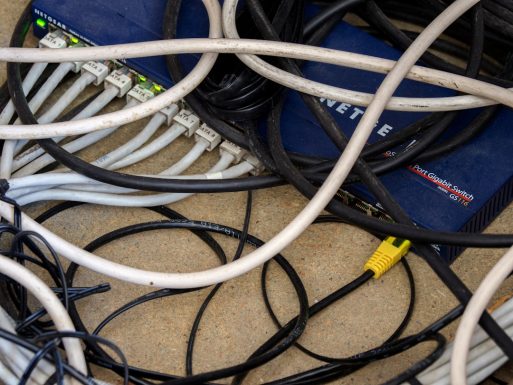
The Basics: Renting vs. Buying
Let’s see the core idea behind each option:
- Renting means paying regularly for temporary use. Like leasing a car, but for a laptop.
- Buying means you own it. Pay upfront and it’s all yours.
The Costs Involved
This is where it gets interesting. To compare, you need to look at all the costs. Not just the price tag!
What to Consider
- Upfront Costs: Buying is higher. Renting spreads it out over time.
- Ongoing Costs: Rent includes services like maintenance. Buying means you pay for repairs.
- Upgrade Costs: Renting lets you switch to newer models easily. Buying means you’re stuck with what you purchased—unless you shell out more later.
A Fun Example
Say your business needs ten laptops. Let’s do some cartoon math!
- Buying: $1,000 per laptop = $10,000 upfront. Add $500 a year for maintenance. Over 3 years: $11,500 total.
- Renting: $50 per laptop/month = $500/month. Over 3 years: $18,000 total, but includes support and upgrades.
Buying saves money if you plan to use the gear for a long time. Renting might cost more—but it comes with perks.

Pros and Cons Time!
Buying Tech
Pros:
- You own the equipment.
- Lower long-term cost if gear lasts.
- No rental contracts.
Cons:
- Big payment upfront.
- Depreciation—tech loses value fast!
- You’re in charge of repairs and support.
Renting Tech
Pros:
- Smaller, manageable payments.
- Easy to upgrade when needed.
- Often includes service and support.
Cons:
- Costs more in the long run.
- You don’t own the gear.
- Some contracts can have hidden fees.
Think About Your Business Type
Every business is different. A startup with fast-changing needs? Renting might be smart. A small office with steady daily tasks? Buying could be best.
Here are a few things to consider:
- Growth Speed: Fast-growing companies may benefit from rental flexibility.
- Cash Flow: Low on funds? Renting helps avoid huge upfront spends.
- Tech Intensity: Need high-power machines? Renting keeps you on top of the tech game.
Don’t Forget the Tax Talk!
This part isn’t fun—but it’s super important. Renting and buying affect your taxes differently. Rent payments may be fully tax-deductible. Buying may allow depreciation deductions.
Talk to your accountant. Seriously. They have magic calculators.
Hidden Costs and Surprises
There’s always more than meets the eye:
- Insurance: Who pays when something breaks or disappears?
- Downtime: How fast can rented gear be replaced if it fails?
- Customization: Can you install your own software or upgrades?
Don’t get stuck with a bad deal—read the fine print!
So, What Should You Do?
There’s no perfect answer. But you can make a smart choice by asking:
- How long will I use this tech?
- Do I want to upgrade often?
- Can I afford big upfront costs?
- Do I need help with support and service?
Get clear on your needs, then compare!

Final Thoughts
Renting gives flexibility. Buying builds equity. Your business might even do both!
The trick is simple: know your numbers, plan ahead, and stay tech-smart. Oh, and never forget—choose what helps your business grow!
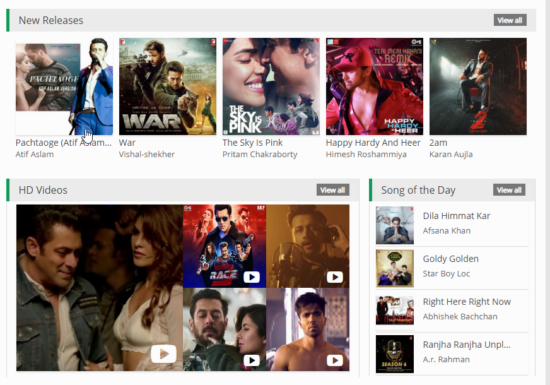

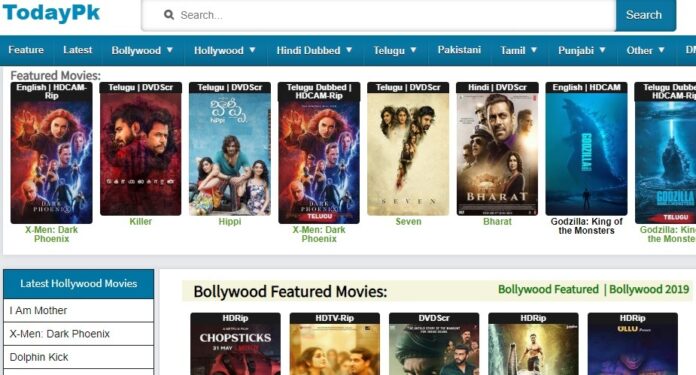
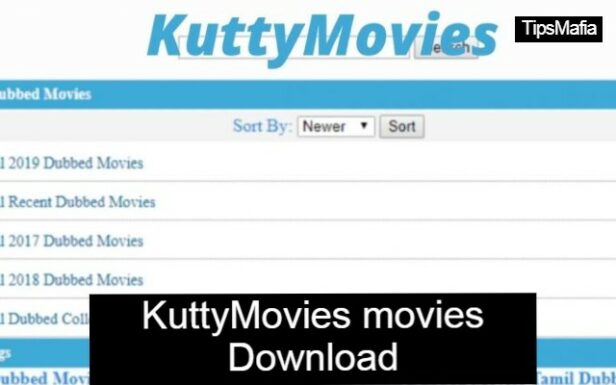
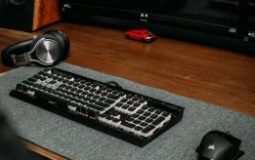


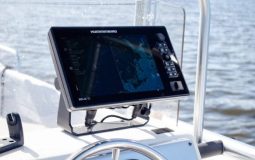
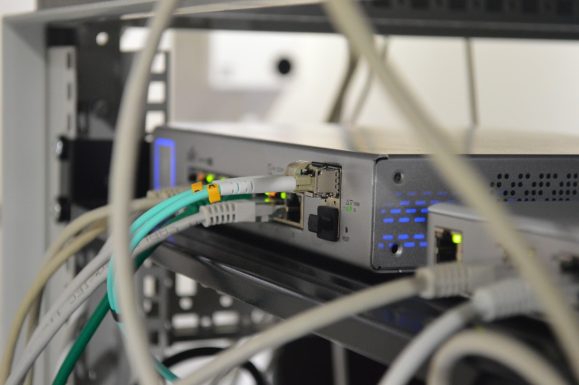

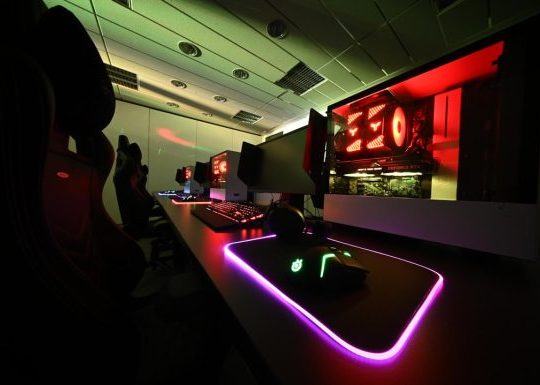

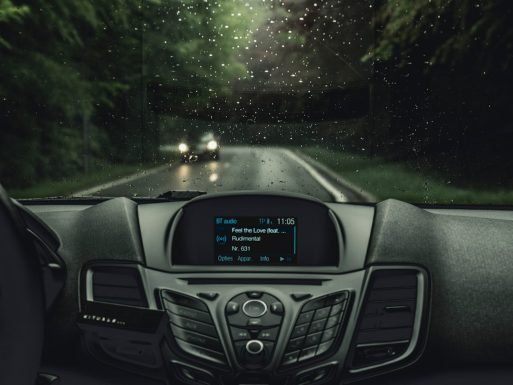
Recent Comments